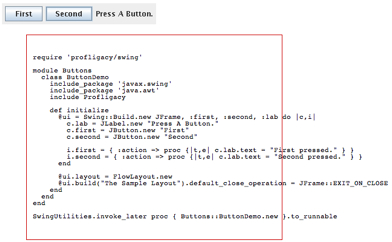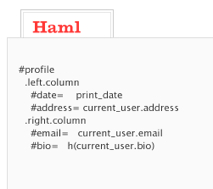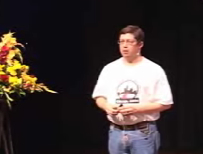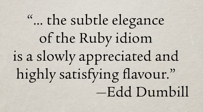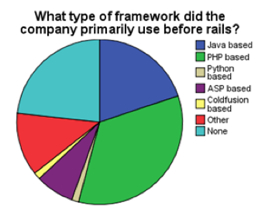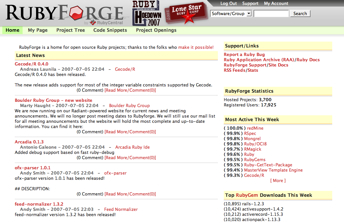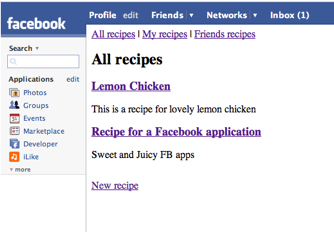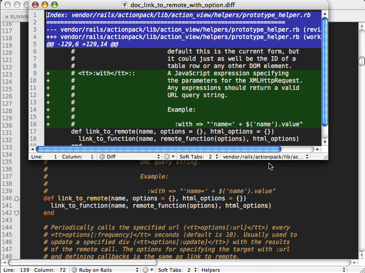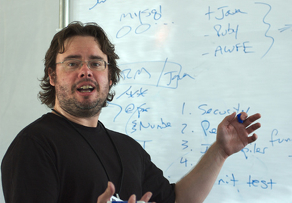
Robert Dempsey, of Atlantic Dominion Solutions, has put together a comprehensive introduction to Amazon’s Web Services for Ruby developers. AWS has a lot to offer, from e-commerce services through to the EC2 “Elastic Compute Cloud” and the popular S3 “Simple Storage Service”. Robert looks at how Ruby can access AWS using RESTful techniques, demonstrates how to use S3 from Ruby, and provides a batch of links to further resources. Read More

